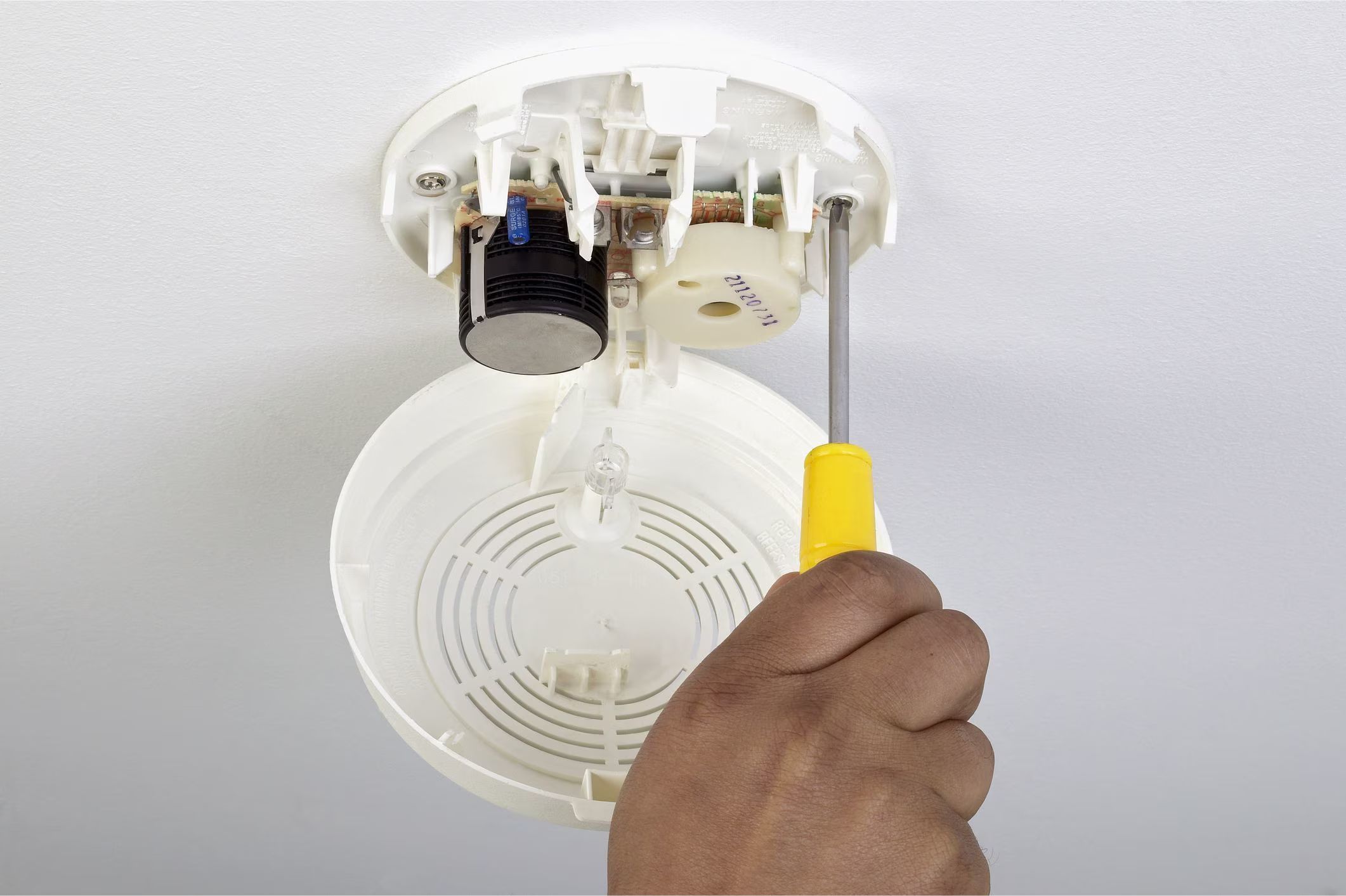

Articles
Why Would Your Smoke Detector Go Off?
Modified: February 28, 2024
Discover common reasons why your smoke detector may go off in our informative articles. Find out how to troubleshoot and prevent false alarms.
(Many of the links in this article redirect to a specific reviewed product. Your purchase of these products through affiliate links helps to generate commission for Storables.com, at no extra cost. Learn more)
Introduction
Smoke detectors are essential safety devices designed to detect the presence of smoke and alert us to potential fire hazards in our homes or workplaces. When a smoke detector goes off unexpectedly, it can be a cause for concern and sometimes panic. Understanding why your smoke detector may go off can help you troubleshoot the issue and ensure your safety. In this article, we will explore common causes of smoke detector activation and provide insights on how to address them.
It is important to note that smoke detectors play a crucial role in early fire detection and can save lives. They are typically installed in key areas such as bedrooms, hallways, or living rooms, and are powered by either batteries or a direct electrical connection. By being aware of potential causes for false alarms or unexpected activations, you can address the issue promptly and ensure the effective functioning of your smoke detector.
Let’s delve into the common causes of smoke detector activation and explore possible solutions.
Key Takeaways:
- Smoke detectors can be triggered by cooking, steam, dust, electrical issues, sensor malfunction, and battery problems. Regular maintenance and awareness can minimize false alarms and ensure reliable fire detection.
- Understanding common causes of false alarms, such as environmental factors, installation errors, and equipment malfunctions, is crucial for maintaining effective smoke detectors. Regular testing, proper placement, and education can minimize disruptions and ensure safety.
Read more: Why Would Smoke Detector Go Off Randomly
Common Causes of Smoke Detector Activation
There are several factors that can cause a smoke detector to go off unexpectedly. Understanding these common causes can help determine the appropriate action to take. Here are some of the most frequent culprits:
- Cooking-related issues: Smoke detectors are highly sensitive to smoke and can be triggered by cooking activities, especially when using high heat or oils. Smoke from burnt toast, searing meat, or excessive steam from boiling water can trigger the detector. To prevent this, you can either open windows or doors to improve ventilation or consider relocating your smoke detectors away from the kitchen area.
- Steam and humidity: Steam from hot showers or bathroom activities can also activate smoke detectors. If your detector is located near a bathroom or steamy environments, consider relocating it to a different area or installing a bathroom-specific fan to reduce humidity levels.
- Dust and debris: Accumulated dust, lint, or other airborne particles can interfere with the sensor of a smoke detector, causing false alarms. Regularly clean your smoke detectors by gently vacuuming or using compressed air to remove any built-up debris.
- Electrical problems: Faulty electrical wiring or power surges can cause your smoke detector to malfunction. Ensure that your smoke detector is properly connected and consult a professional electrician if you suspect any electrical issues.
- Sensor malfunction: Over time, smoke detector sensors may become less sensitive or malfunction altogether. If you have tried troubleshooting the common causes and your smoke detector continues to go off unexpectedly, it may be time to consider replacing the unit.
- Battery issues: Smoke detectors with low or dying batteries can produce false alarms. Regularly replace the batteries in your smoke detector, ideally twice a year, to ensure they are functioning correctly. It’s a good practice to change the batteries when daylight saving time begins and ends.
- False alarms: Some smoke detectors are more prone to false alarms than others. These false alarms can be triggered by external factors such as insects, dust, or even strong chemical odors. If you experience frequent false alarms, it may be worth upgrading to a more advanced smoke detector that offers better detection technology.
By understanding these common causes of smoke detector activation, you can take appropriate measures to mitigate the risk of false alarms and ensure the effectiveness of your smoke detection system. It’s crucial to respond promptly to any alarms, whether they are true or false, to prioritize everyone’s safety.
Cooking-related Issues
One of the most common causes of smoke detector activation is cooking-related issues. The smoke and steam generated during cooking can trigger the sensitive sensors in smoke detectors, leading to false alarms. Here are a few factors that can contribute to cooking-related smoke detector activation:
- High heat and oils: When cooking at high temperatures or using oils, the chances of smoke and fumes increases. This can happen when searing meat, deep-frying, or pan-frying foods. The smoke generated from these activities can easily set off a smoke detector.
- Burnt toast or grilled foods: Toast that is burnt or grilled foods can create smoke that can quickly trigger a smoke detector. It’s important to keep an eye on your toaster or grill to prevent excessive smoke production.
- Excessive steam: Boiling water or cooking methods that require steam can also set off a smoke detector. The steam can be mistaken for smoke, activating the sensor. This often happens in kitchens with poor ventilation.
To reduce the chances of your smoke detector going off while cooking, here are some tips to consider:
- Proper ventilation: Open windows or turn on exhaust fans to improve air circulation and reduce the concentration of smoke and steam in the kitchen. This can help prevent the smoke from activating the detector.
- Relocate the smoke detector: If your smoke detector is near the kitchen area, consider moving it slightly further away to reduce the direct exposure to cooking-related smoke and steam.
- Clean the detector: Regularly clean your smoke detector to remove any dust or debris that can interfere with its functionality. Follow the manufacturer’s instructions for proper cleaning methods.
Remember, smoke detectors are important safety devices, and it’s crucial to ensure they are working properly. However, false alarms caused by cooking-related issues can be frustrating. By following these tips, you can minimize the chances of your smoke detector going off while cooking, providing you with a better cooking experience without unnecessary interruptions.
Steam and Humidity
Smoke detectors are sensitive to changes in air quality, including high levels of humidity and steam. Steam generated from activities like hot showers, cooking, or even excessive humidity in the air can trigger a smoke detector, leading to false alarms. Here are some factors that contribute to smoke detector activation due to steam and humidity:
- Hot showers and bathrooms: Steam from hot showers or long, hot baths can quickly fill a bathroom, triggering a smoke detector if it is located nearby. The high humidity levels in the bathroom can also affect the performance of the detector.
- Improper ventilation: Inadequate ventilation or lack of proper airflow can contribute to the accumulation of moisture and steam, increasing the chances of smoke detector activation.
- Weather conditions: High humidity levels in the environment, especially during humid weather or rainy seasons, can affect the performance of smoke detectors and potentially cause false alarms.
To address issues related to steam and humidity triggering your smoke detector, consider the following tips:
- Install bathroom-specific fans: Installing fans specifically designed for bathrooms can help remove moisture and steam from the air, reducing the chances of false alarms. Make sure the fan is properly functioning and that it is vented to the outside.
- Relocate the smoke detector: If possible, consider moving the smoke detector away from areas with high humidity levels, such as bathrooms or kitchens. This can help prevent the detector from being exposed to excessive steam or moisture.
- Improve overall ventilation: Enhancing airflow in your home or workplace can reduce humidity levels and minimize steam buildup. Open windows, use exhaust fans, or invest in a dehumidifier to maintain optimal air quality.
By taking these measures, you can reduce the chances of your smoke detector being triggered by steam and humidity. It’s important to note that while false alarms can be inconvenient, it’s crucial to regularly test and maintain your smoke detectors to ensure they are functioning properly and are ready to detect smoke from potential fire hazards.
Dust and Debris
Dust and debris can accumulate over time and interfere with the proper functioning of smoke detectors. These particles can trigger false alarms by blocking the sensors or causing them to become overly sensitive. Here are some factors related to dust and debris that may lead to smoke detector activation:
- Accumulated dust: Dust particles can settle on the sensors or other components of the smoke detector, affecting its ability to accurately detect smoke. Over time, this can lead to false alarms.
- Pet hair and dander: If you have pets in your home, their fur and dander can contribute to the buildup of dust and debris near the smoke detector, potentially triggering false alarms.
- Construction or remodeling work: Construction projects or remodeling work can generate a significant amount of dust and debris, which can find its way into your smoke detectors. This can lead to false alarms during and after the construction process.
To prevent false alarms caused by dust and debris, consider the following tips:
- Regular cleaning: Make it a habit to clean your smoke detectors periodically. Gently vacuum the exterior and use compressed air to remove dust and debris from the vents or sensors. Follow the manufacturer’s instructions for proper cleaning methods.
- Keep detectors away from dusty areas: Avoid placing smoke detectors in areas prone to excessive dust, such as workshops or storage rooms. Instead, opt for installation in clean, well-maintained areas of your home or workplace.
- Minimize pet hair and dander: Regularly groom your pets and keep them away from the vicinity of your smoke detectors to reduce the accumulation of pet hair and dander.
By maintaining clean smoke detectors and taking preventive measures against dust and debris accumulation, you can reduce the likelihood of false alarms. Regular maintenance and cleaning will also ensure that your smoke detectors continue to function effectively and provide reliable fire detection.
Regularly clean and dust your smoke detector to prevent false alarms. Use a vacuum cleaner or a soft brush to remove any debris.
Read more: Why Would A Carbon Monoxide Detector Go Off
Electrical Problems
Electrical problems can potentially cause smoke detectors to malfunction or trigger false alarms. Faulty wiring, power surges, or unstable electrical connections can interfere with the proper operation of the smoke detector. Here are some common electrical issues that can contribute to smoke detector activation:
- Faulty wiring: Poorly installed or faulty electrical wiring can disrupt the electrical supply to the smoke detector, leading to inconsistent performance or false alarms. It is crucial to have your home’s electrical system regularly inspected by a qualified electrician to ensure its safety and functionality.
- Power surges: Sudden spikes in the electrical current, also known as power surges, can damage the sensitive components of the smoke detector. This can cause it to malfunction or produce false alarms. Consider installing surge protectors to safeguard your electrical devices, including smoke detectors, from unexpected power surges.
- Unstable electrical connections: Loose or unstable electrical connections within the smoke detector can result in inconsistent power supply and cause erratic behavior or false alarms. Carefully check the connections and ensure they are secure and properly attached.
If you suspect electrical problems are causing your smoke detector to go off unexpectedly, take the following measures:
- Consult a professional electrician: If you suspect electrical faults in your home or workplace, it is essential to contact a certified electrician to conduct a thorough inspection. They can identify and correct any electrical issues that may be affecting the proper functioning of your smoke detectors.
- Test the detector: Conduct regular tests on your smoke detector to ensure it is functioning correctly. Follow the manufacturer’s instructions for testing procedures and frequency.
- Consider backup power: If your smoke detector is connected directly to the electrical system, consider equipping it with battery backup to ensure uninterrupted operation during power outages or electrical disturbances.
Addressing electrical problems promptly is vital for the optimal functioning of your smoke detectors and overall home safety. By taking these precautions and seeking professional assistance when necessary, you can mitigate the risk of false alarms caused by electrical issues and ensure your smoke detectors are reliable in detecting potential fire hazards.
Sensor Malfunction
Sensor malfunction is another possible cause of smoke detector activation. Over time, the sensor in a smoke detector may become less sensitive or fail completely, leading to false alarms or the inability to detect smoke accurately. Here are some factors that can contribute to sensor malfunction:
- Age and wear: Smoke detectors have a limited lifespan and may lose sensitivity as they age. The sensors can become less responsive to smoke particles, increasing the chances of false alarms or missed detections.
- Environmental factors: Exposure to extreme temperatures, humidity, dust, or other environmental factors can degrade the performance of the sensor over time, causing it to malfunction.
- Manufacturing defects: In some cases, smoke detectors may have manufacturing defects that result in sensor malfunction. While uncommon, it is a possibility that can lead to false alarms or unreliable smoke detection.
If you suspect that the sensor in your smoke detector is malfunctioning, here are a few steps you can take:
- Test the detector: Perform a smoke test to check if the detector is adequately detecting smoke. Follow the manufacturer’s instructions for the proper testing procedure. If the detector fails the test or shows inconsistent results, it may indicate a sensor malfunction.
- Replace the detector: If you have determined that the sensor is indeed malfunctioning or if your smoke detector is old and no longer reliable, it is advisable to replace the unit. Consider investing in a newer model with advanced features and enhanced sensor technology for improved smoke detection.
- Maintain regular inspections: Conduct regular visual inspections of your smoke detectors to ensure they are clean and free of any debris or damage. If you notice any signs of wear or sensor malfunction, replace the unit as soon as possible.
By addressing sensor malfunction, you can ensure that your smoke detectors are operating at their optimal level. Regular testing, maintenance, and timely replacement of faulty detectors are crucial for maintaining a safe environment and reliable fire detection.
Battery Issues
Battery issues are a common cause of smoke detector malfunctions and false alarms. When the battery in a smoke detector becomes weak or runs out, the detector may produce intermittent beeping sounds or trigger false alarms. Here are some factors related to battery issues that can impact the performance of smoke detectors:
- Low battery voltage: As the battery voltage decreases, the smoke detector may become less reliable in detecting smoke. This can result in false alarms or missed detections.
- Expired or old batteries: Using expired or old batteries in your smoke detector can affect the battery’s performance and limit its ability to power the detector effectively. It is vital to replace the batteries with fresh ones regularly.
- Loose battery connections: Loose or improperly inserted batteries can cause intermittent power supply to the smoke detector, leading to erratic behavior or false alarms. Ensure that the batteries are correctly placed and securely connected.
To address battery issues and minimize false alarms, consider the following steps:
- Replace batteries regularly: Follow the manufacturer’s recommendations and replace the batteries in your smoke detectors at least once a year or as needed. It is a good practice to change the batteries when daylight saving time begins and ends to ensure consistent power supply.
- Test the battery voltage: Use a battery tester or a multimeter to check the voltage of the batteries in your smoke detectors. If the voltage is low, replace the batteries immediately to maintain reliable smoke detection.
- Use high-quality batteries: Opt for high-quality, long-lasting batteries to ensure optimal performance. Consider using lithium batteries, as they tend to have a longer lifespan and provide consistent power to your smoke detectors.
- Secure the battery connections: Check the battery compartment in your smoke detectors to ensure that the batteries are properly inserted and the connections are secure. Periodically inspect the detectors for any signs of loose connections or corrosion and address them promptly.
By addressing battery issues and regularly replacing batteries, you can minimize the risk of false alarms and ensure that your smoke detectors are always functioning reliably. Remember, working batteries are crucial for the effective operation of smoke detectors and for maintaining a safe environment in your home or workplace.
False Alarms
False alarms can be quite frustrating and disruptive, especially when it comes to smoke detectors. While they are designed to prioritize our safety, false alarms can be caused by various factors unrelated to an actual fire. Here are some common causes of false alarms:
- Environmental factors: Certain environmental conditions can trigger false alarms in smoke detectors. These factors include excessive dust, humidity, steam from hot showers, or even strong chemical odors. It’s important to be mindful of these elements and take appropriate measures to minimize their impact on your smoke detectors.
- Installation errors: Improper installation of smoke detectors can lead to false alarms. If the detector is not securely mounted or if it is placed too close to sources of steam or dust, it can increase the likelihood of false alarms. It is crucial to follow the manufacturer’s guidelines for proper installation.
- Equipment malfunctions: While uncommon, malfunctions in the smoke detector itself can cause false alarms. This can occur due to manufacturing defects or sensor failures. Regular testing and maintenance of your smoke detectors can help identify such issues early on.
- User error: In some cases, false alarms may be caused by user error. This can include accidentally triggering the test button, forgetting to turn off the smoke detector during activities that may cause false alarms (such as cooking or renovating), or failing to replace batteries when they are low.
To minimize false alarms, consider the following steps:
- Regular maintenance: Perform regular testing and maintenance on your smoke detectors according to the manufacturer’s recommendations. This includes testing the alarm functionality, inspecting for dust or debris, and replacing batteries as needed.
- Proper placement: Ensure smoke detectors are installed in appropriate locations, away from sources of steam, dust, or cooking appliances. Follow the manufacturer’s instructions for placement and aim to install detectors at least 10 feet away from these potential sources of false alarms.
- Cleanliness: Keep your smoke detectors clean and free from dust or debris. Regularly vacuum or gently dust the exterior of the detector to prevent interference with the sensors.
- Education and awareness: Educate household members or employees about the proper use and maintenance of smoke detectors. Encourage everyone to be cautious when cooking or engaging in activities that may trigger false alarms. Additionally, ensure everyone knows how to respond appropriately to a false alarm.
While false alarms can be inconvenient, it’s crucial to take them seriously and respond promptly. Treat every alarm as genuine until you can confirm otherwise. By taking these preventive measures, you can reduce the occurrence of false alarms and help ensure the effectiveness of your smoke detection system.
Conclusion
Understanding the common causes of smoke detector activation and false alarms is essential for maintaining the effectiveness of these crucial safety devices. While false alarms can be frustrating, they should not be ignored, as they can indicate underlying issues or compromise the reliability of your smoke detection system. By identifying and addressing these common causes, you can minimize false alarms, ensuring that your smoke detectors are always ready to detect potential fire hazards accurately.
Cooking-related issues, such as high heat, burnt toast, or excessive steam, can trigger smoke detectors. Taking precautions such as improving ventilation or relocating detectors away from the kitchen can help mitigate this problem. Steam and humidity from hot showers and steamy environments can also activate smoke detectors. Installing bathroom-specific fans or relocating detectors can help reduce false alarms caused by these factors.
Dust and debris can interfere with the sensors of smoke detectors, causing false alarms. Regular cleaning and maintenance of detectors can help prevent this. Electrical problems, such as faulty wiring or power surges, can also lead to false alarms. Consulting a professional electrician if you suspect electrical issues is important to ensure the proper functioning of your smoke detectors.
Sensor malfunction can occur over time, diminishing the sensitivity of smoke detectors. Regular testing and prompt replacement of faulty detectors are crucial to maintain reliable fire detection. Battery issues, including low battery voltage or expired batteries, can cause false alarms as well. Regularly replacing batteries and ensuring secure connections are important steps to prevent battery-related false alarms.
Lastly, false alarms can be caused by environmental factors, installation errors, equipment malfunctions, or user error. Taking preventive measures such as regular maintenance, proper placement, cleanliness, and education can minimize false alarms and improve the overall reliability of your smoke detection system.
In conclusion, while occasional false alarms may occur, it is important to address them promptly to ensure the effectiveness of your smoke detectors. By understanding the common causes of false alarms and implementing the necessary preventive measures, you can maintain a safe living or working environment, where your smoke detectors are ready to detect real fire hazards while reducing unnecessary disruptions.
Frequently Asked Questions about Why Would Your Smoke Detector Go Off?
Was this page helpful?
At Storables.com, we guarantee accurate and reliable information. Our content, validated by Expert Board Contributors, is crafted following stringent Editorial Policies. We're committed to providing you with well-researched, expert-backed insights for all your informational needs.
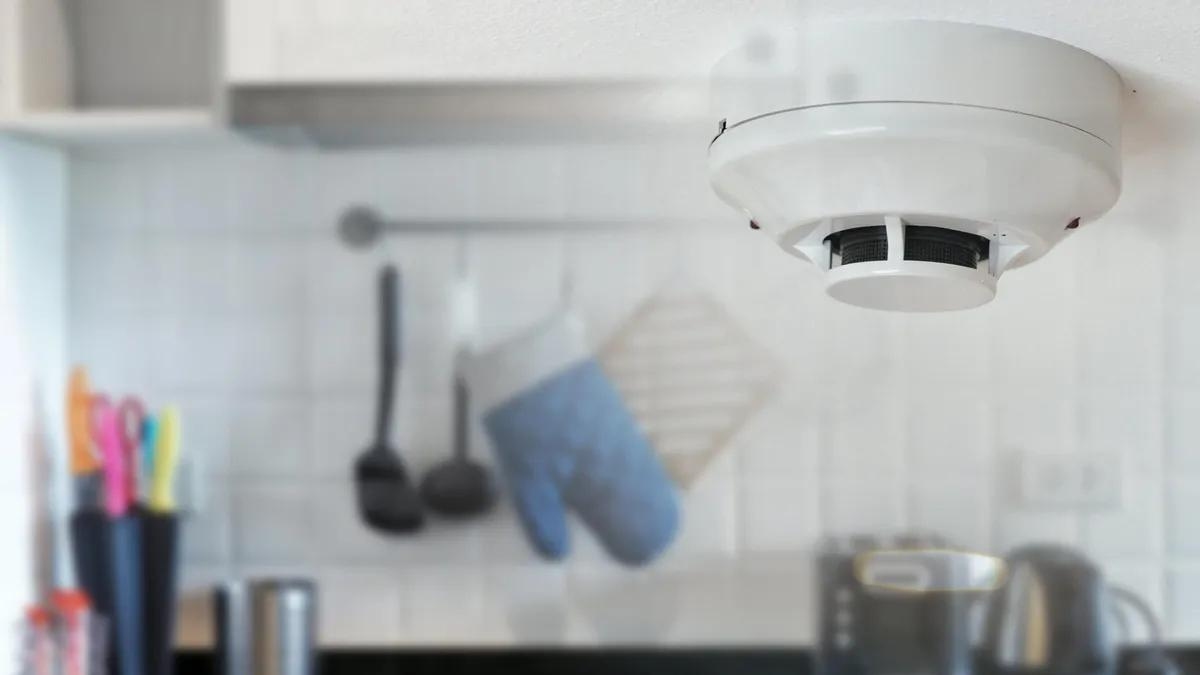
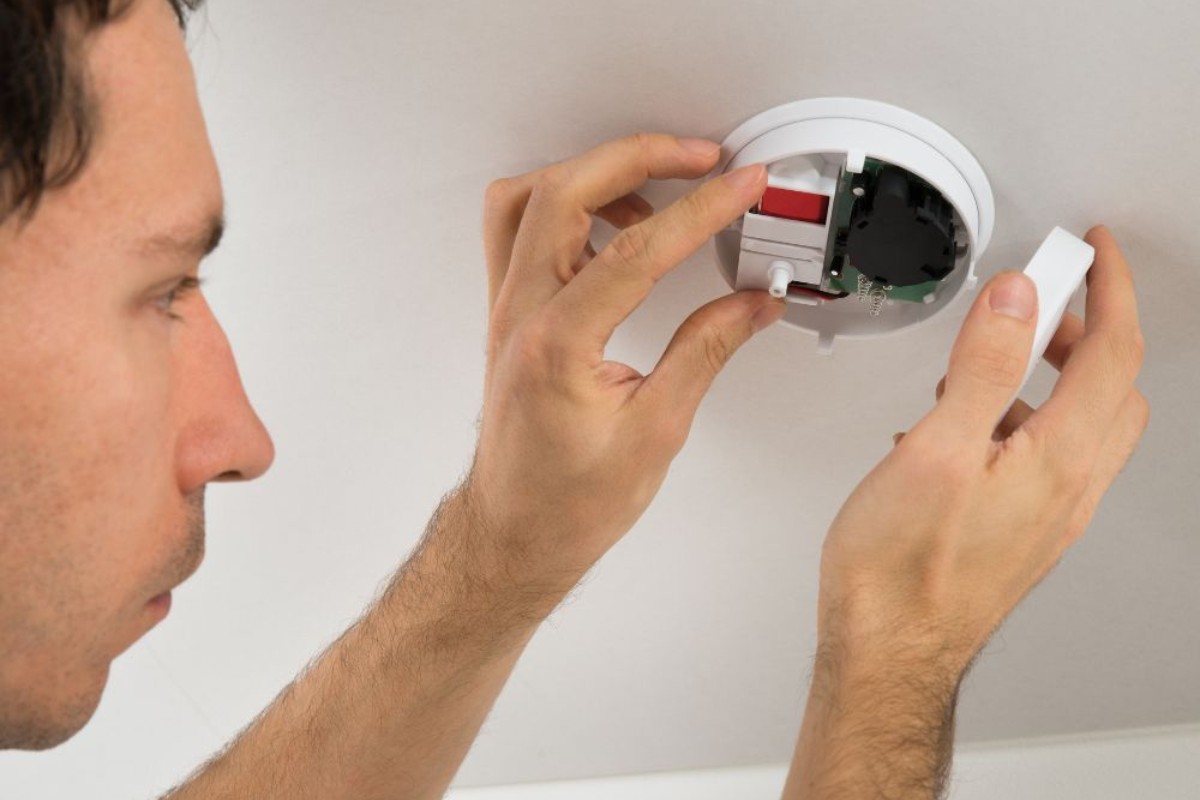
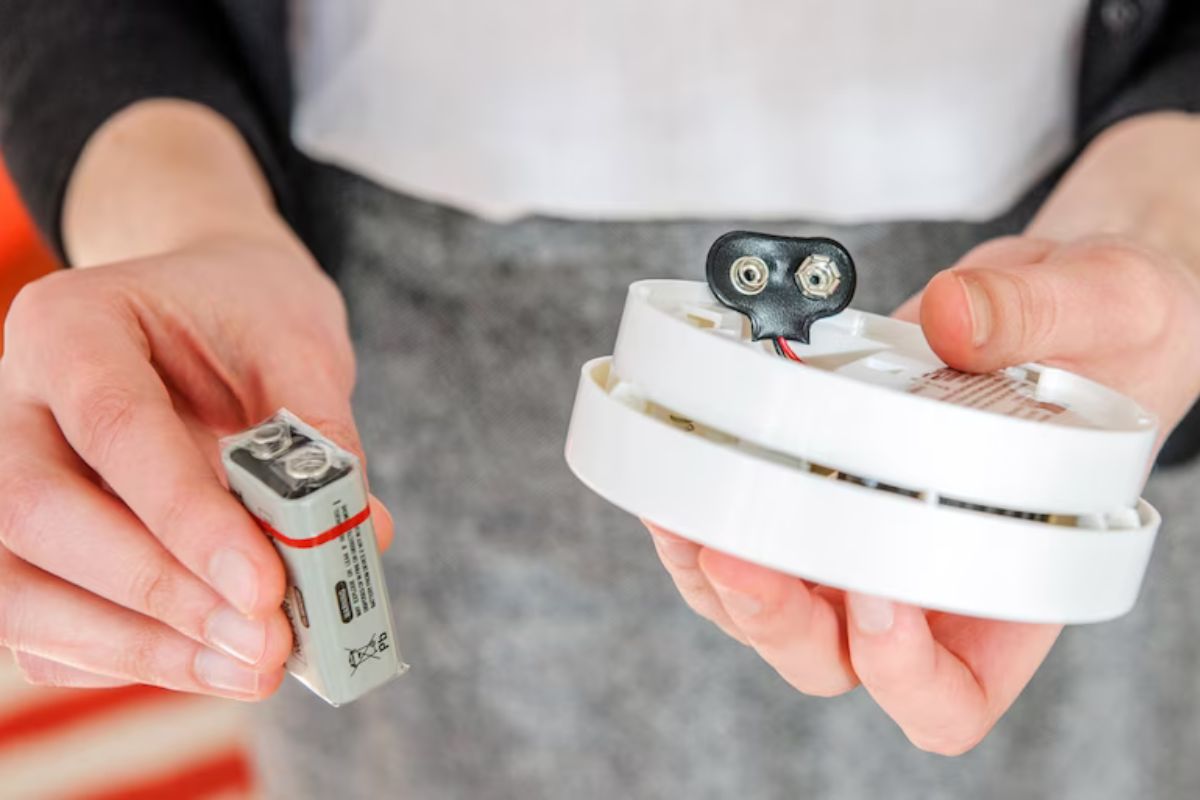
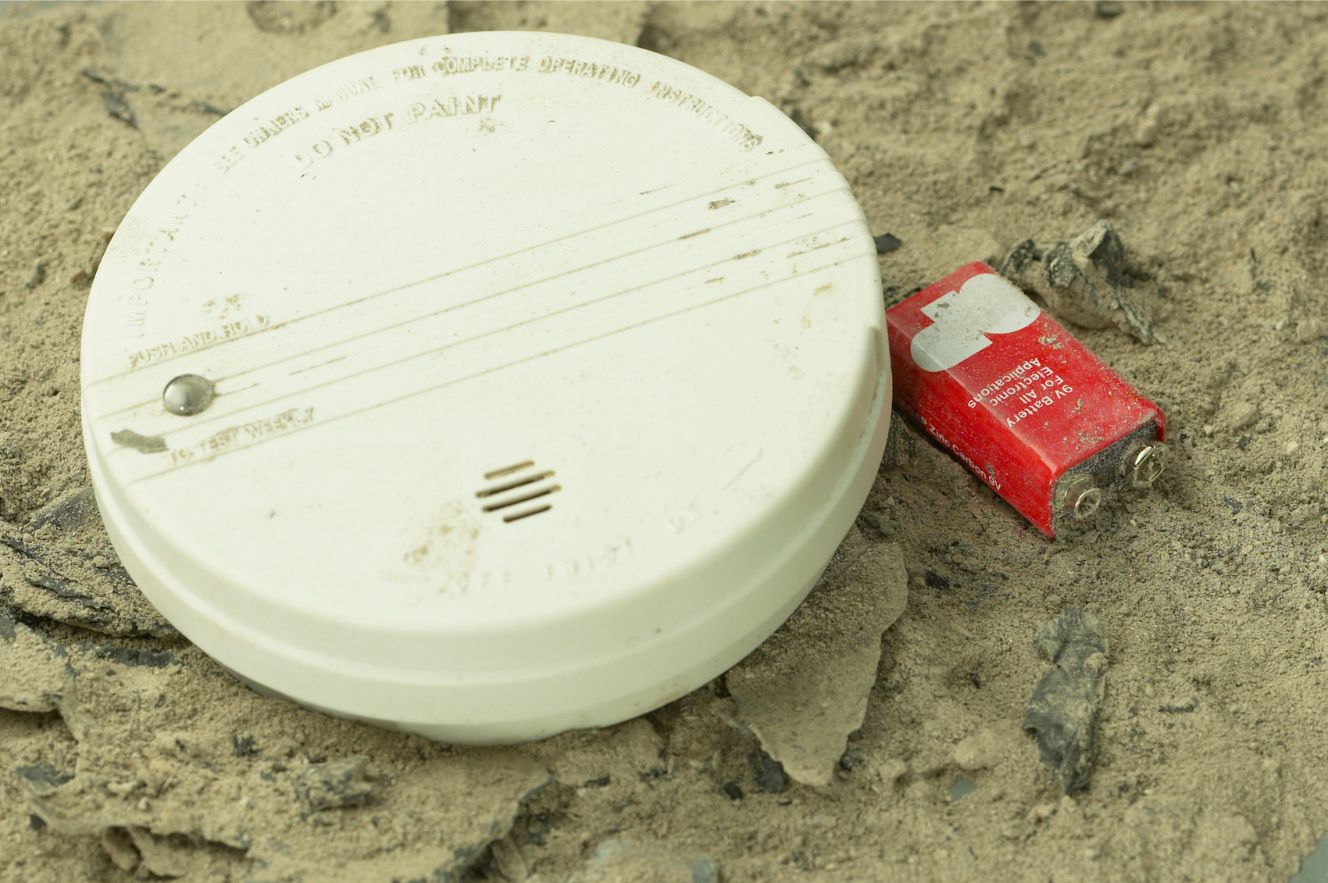
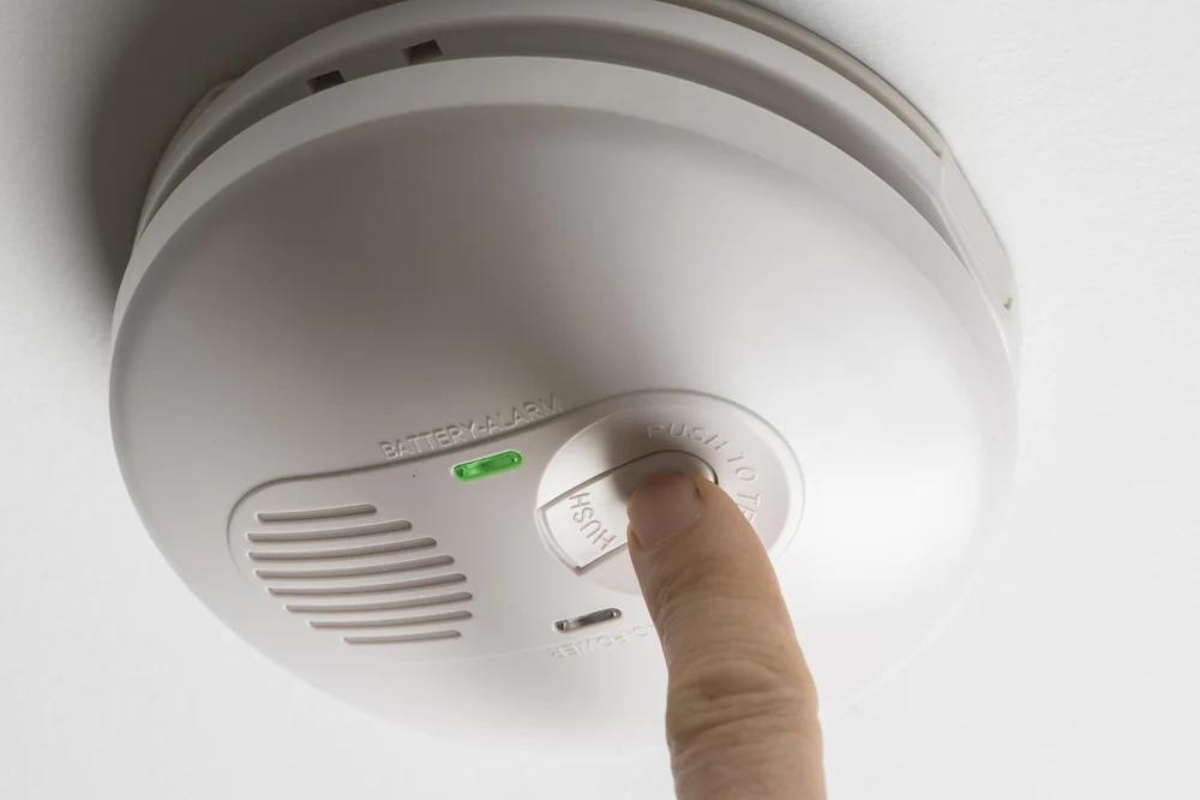
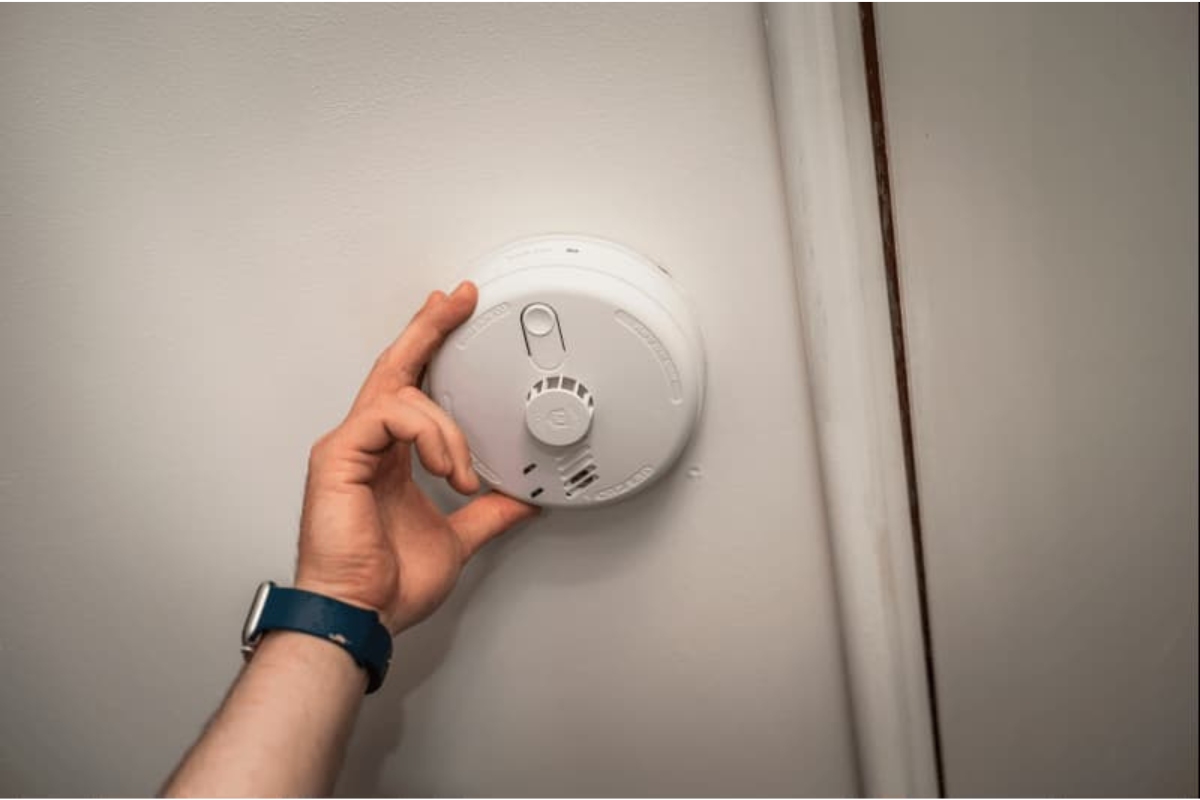

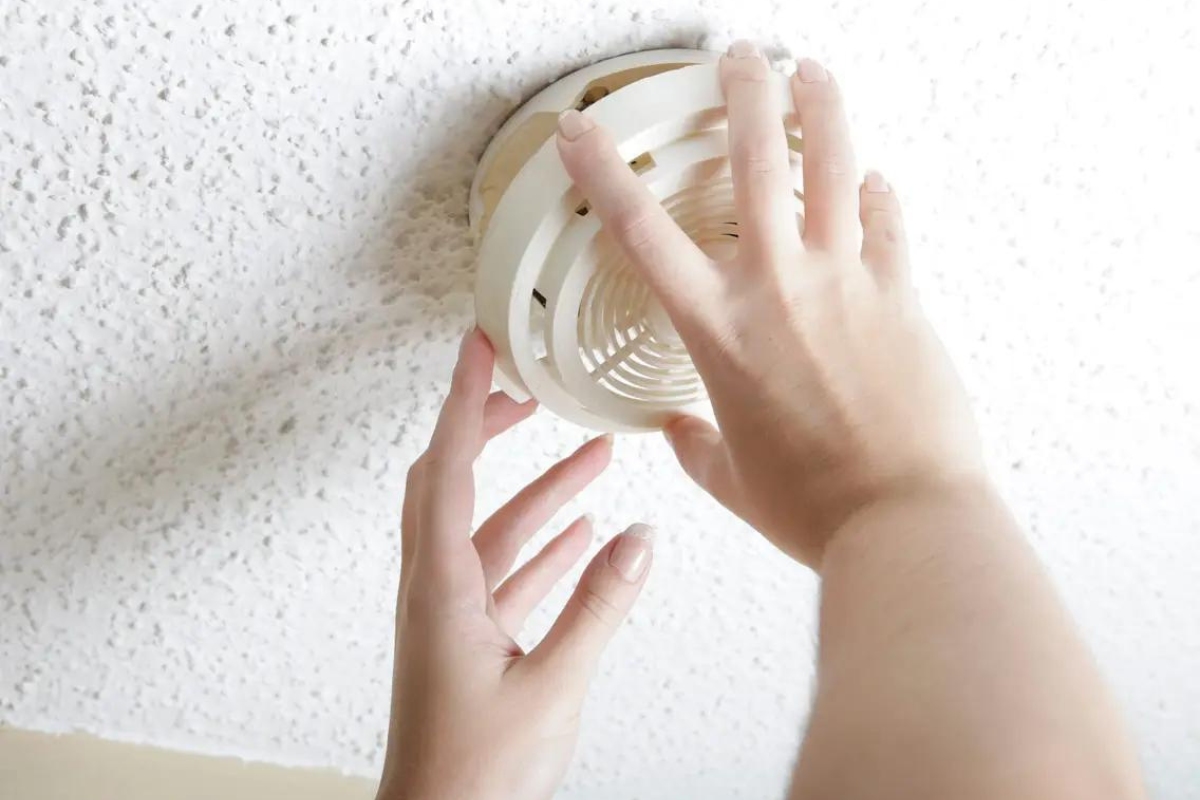
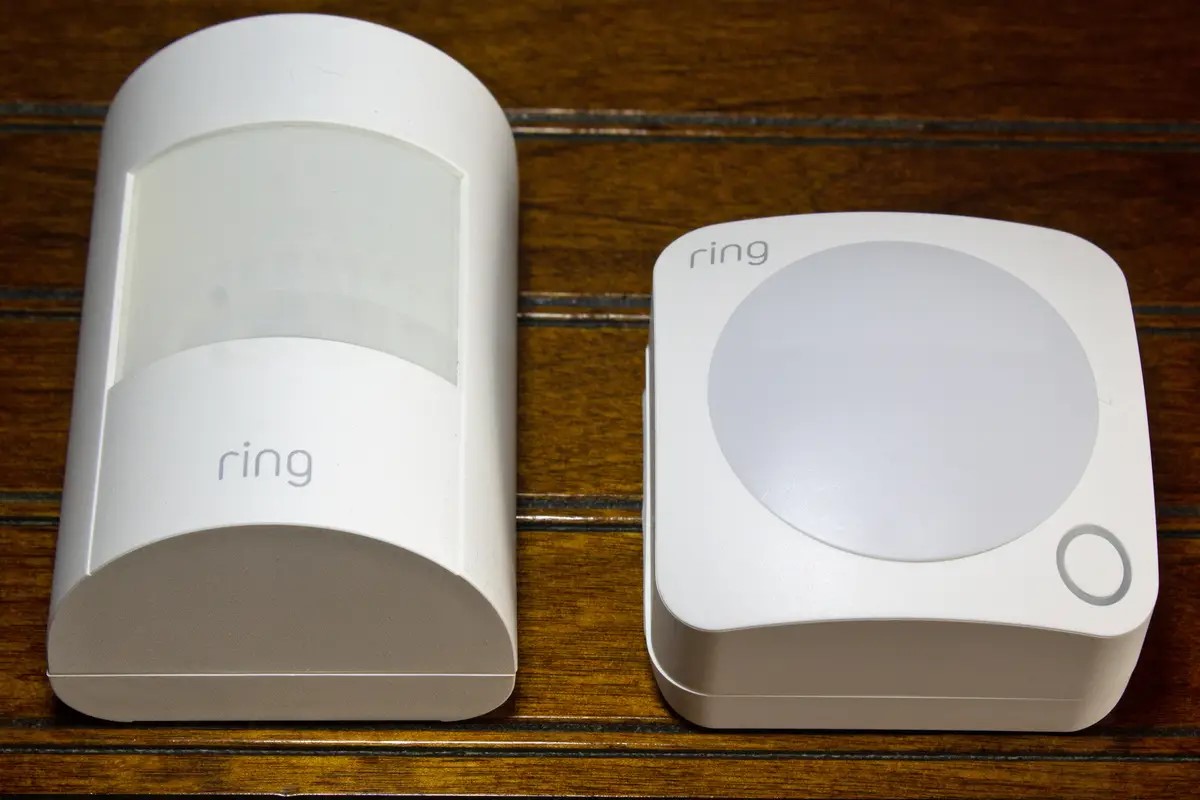
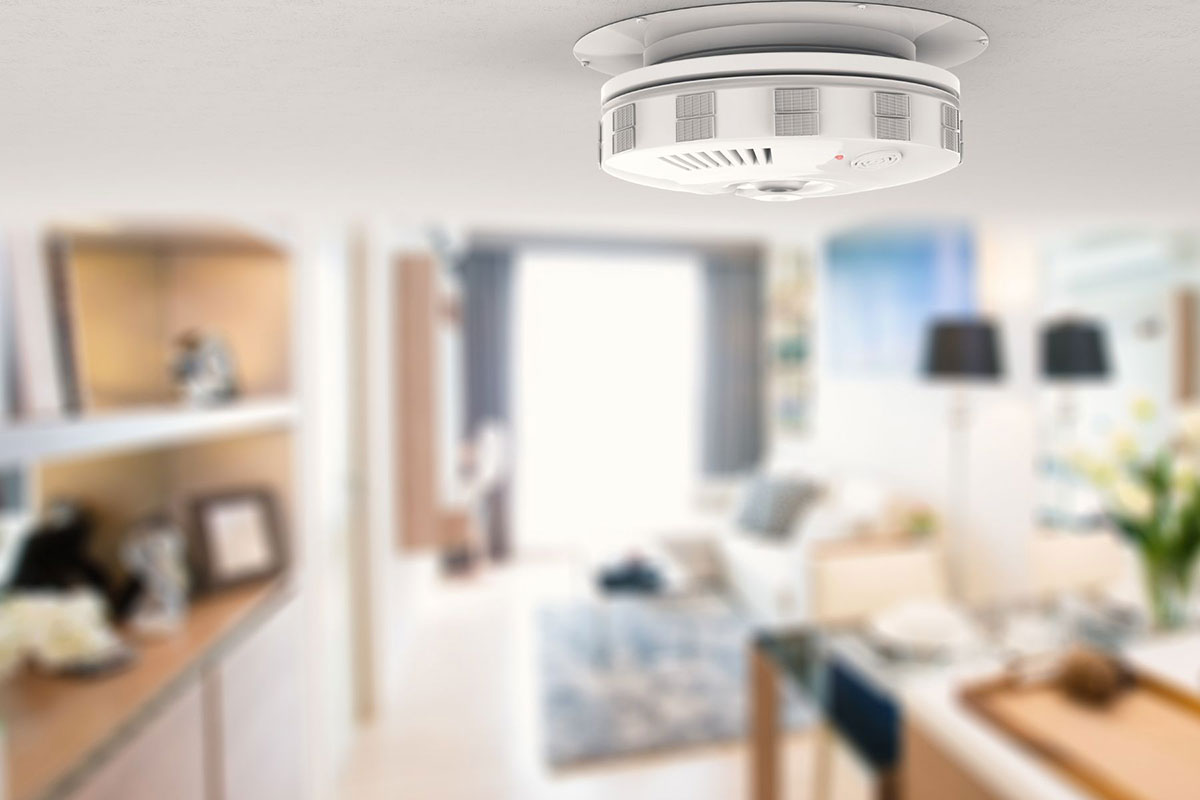
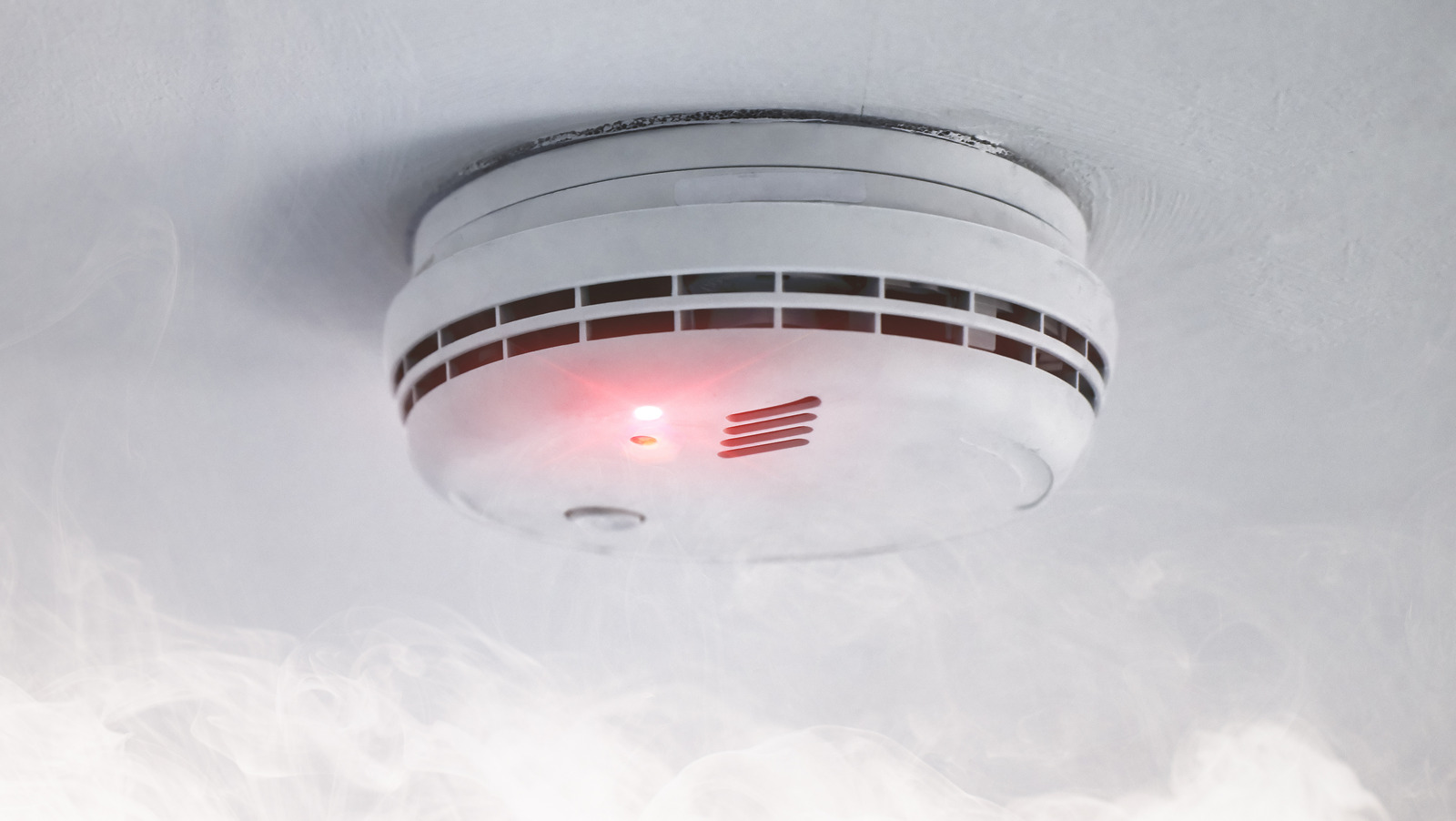
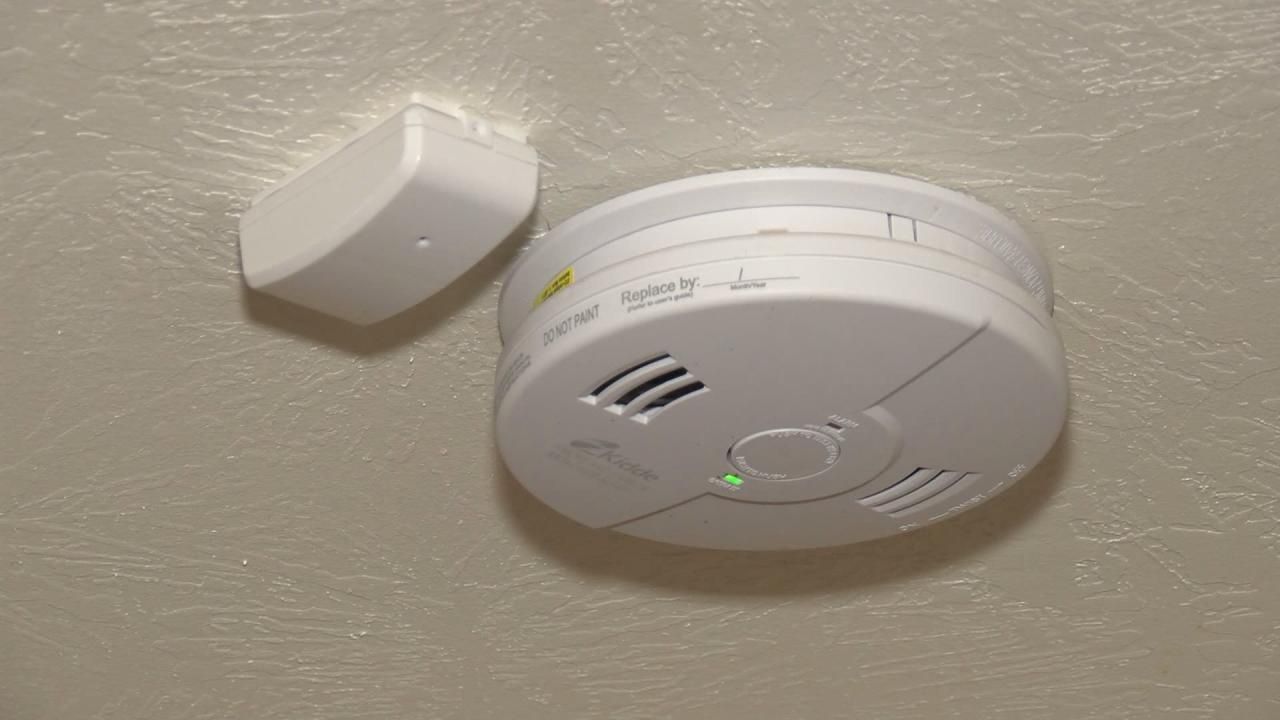
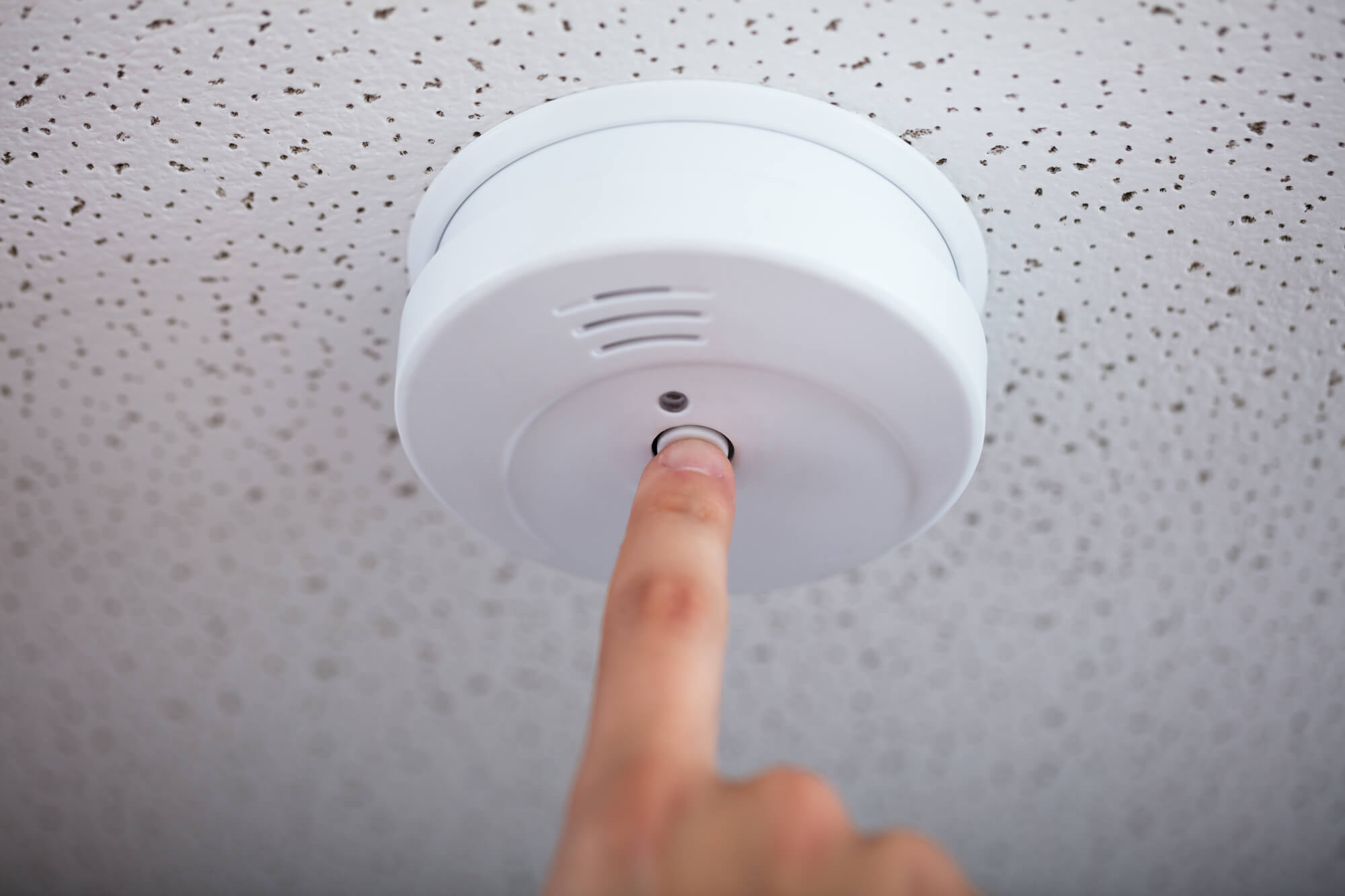

0 thoughts on “Why Would Your Smoke Detector Go Off?”